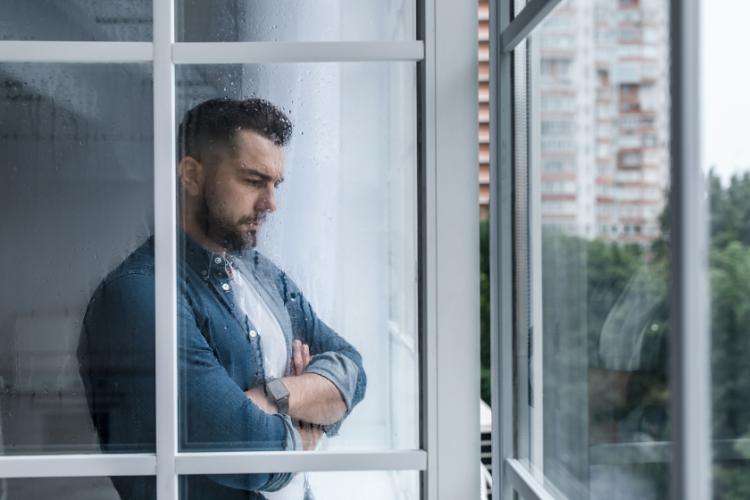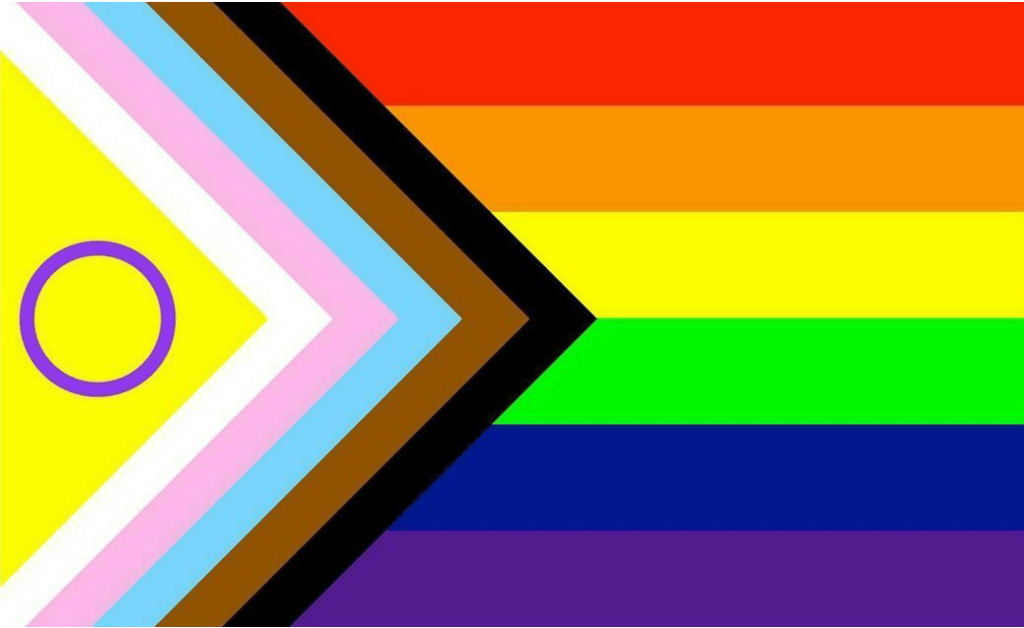How Does Social Isolation Affect Eating Disorder Recovery?
When we think about eating disorders, we often focus on things like food, body image, or changes in weight. But it’s important to remember that there are deeper reasons behind them, like struggles with self-esteem, past experiences, emotional challenges, and feeling alone. In this blog, we’ll explore how loneliness connects to eating disorders and share ways to support yourself or a loved one who may be going through this.
Loneliness is often described as feeling sad from being alone, but research suggests it’s more about a sense of disconnection or isolation which can impact our sense of purpose. We all crave social interaction and the feeling of connection with others—it’s simply part of being human. But for someone with an eating disorder or disordered eating, being around others can be tough, especially when food is involved. This might lead them to skip social gatherings or distance themselves from friends and family. They may also feel shame or guilt, and those who severely limit their food intake might feel too tired or irritable to connect meaningfully with others. These challenges can take a toll on their mental health, contributing to anxiety, depression, and self-doubt.
Not only can eating disorders lead to social isolation, but research also shows that loneliness can lead to eating disorders. In fact, a research article published in the Social Psychiatry and Psychiatric Epidemiology journal found that loneliness and humiliation contributed to overeating and vomiting as they use these harmful and destructive behaviors as a way to cope.
Eating disorders and social isolation often create a vicious cycle, creating a tough cycle to break. But it’s not just that eating disorders cause loneliness—loneliness can also lead to eating disorders. A study in the Social Psychiatry and Psychiatric Epidemiology journal found that feeling lonely and humiliated can push people toward behaviors like overeating or vomiting as a way to cope with their feelings. These behaviors might offer temporary relief but don’t address the underlying emotional pain.
Supporting a Loved One with Disordered Eating and Social Isolation
When someone is dealing with disordered eating, they’re not the only ones who might feel isolated. Family and friends can also feel like they’ve lost touch with their loved one because of the separation that often comes with these struggles. This can lead to strained relationships and lost connections. However, there are some caring ways to help:
Boost their self-esteem.
- Remind them of their positive qualities and let them know how much they mean to you. Your encouragement can make a big difference.
Be there for them.
- Spend time together and just listen. You don’t have to offer advice or agree with everything they say—sometimes, just being a supportive listener is what they need.
Avoid sensitive topics.
- Try not to bring up things that might trigger negative feelings, like weight, body image, or food. Focus on positive, supportive conversations to help them feel more comfortable.
If You’re Struggling with Social Isolation and Disordered Eating.
We want you to know that you’re not alone in this journey. More than half of people with eating disorders feel socially isolated, but there is hope for reconnecting with others. Reaching out for professional help, like seeing therapists and dietitians, can make a big difference. They can support you in understanding and managing your triggers and fears when interacting with others. It can also be really helpful to share your struggles with someone you trust; doing so can help you build deeper connections and feel more supported.
There are various treatment options that might be helpful, including cognitive behavioral therapy, family-based therapy, and support groups. Some of these options let you connect with others who are going through similar experiences. Remember, you deserve to have meaningful connections and a supportive community. With the right help and support, you can break the cycle and work towards feeling better.



